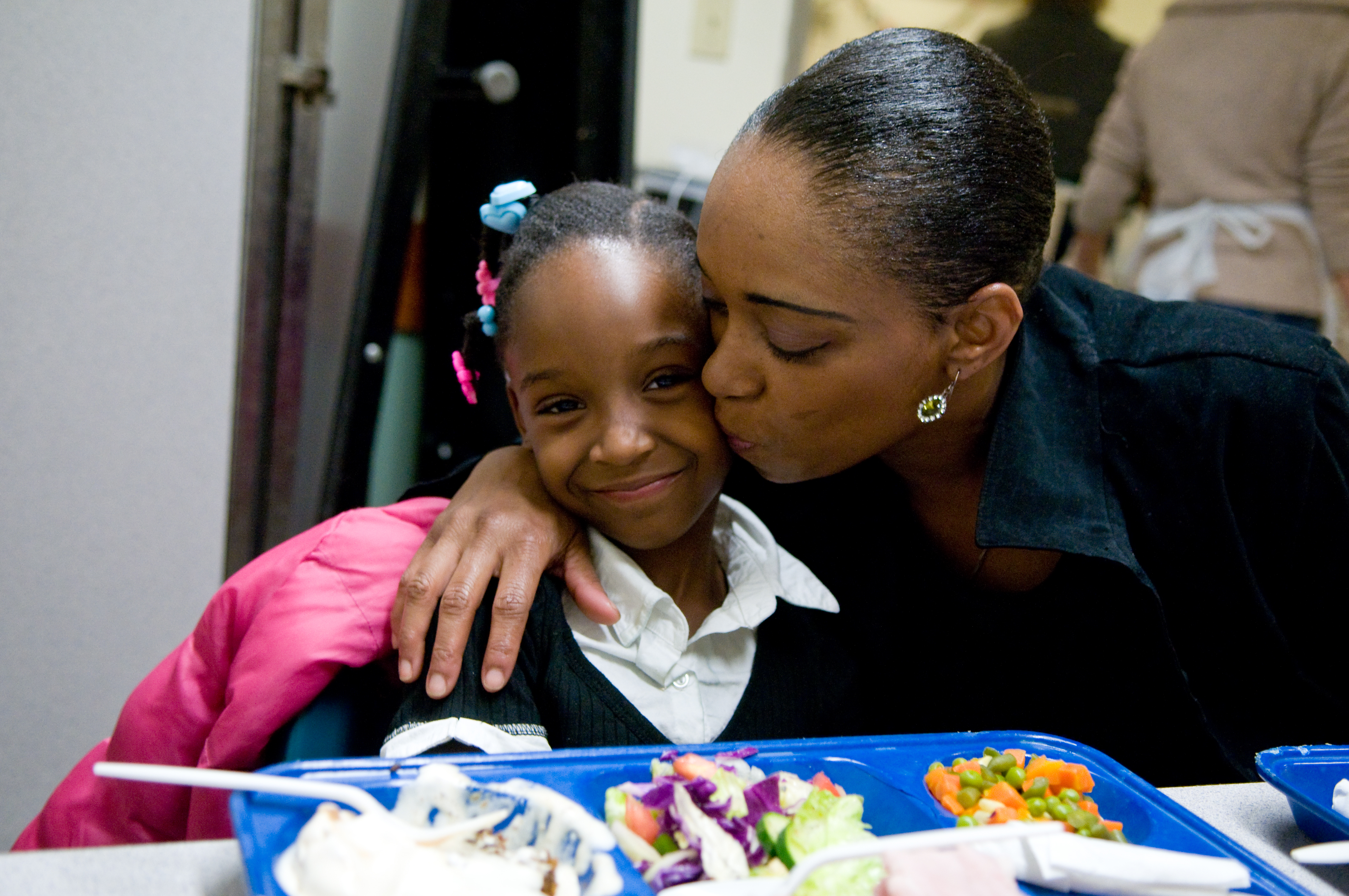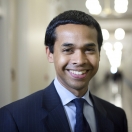
On a recent trip to San Francisco, I had the privilege of visiting GLIDE. I was immediately struck by the range of services provided to people from all walks of life that needed a bit of help to make it through their day. Through the work of dedicated staff and more than 10,000 volunteers, GLIDE provides a critical safety net for children, adults, and families aimed at moving them from places of crisis to fully engaged members of their communities.
GLIDE’s work impacts over twelve thousand individuals and families each year through an integrated and holistic array of programs designed around the needs of the community. The organization has grown from a one building operation offering church potluck meals in the 1960’s to a five building complex that serves nearly one million meals a year, runs programs dedicated to youth and their families, and offers permanent, affordable housing. In addition GLIDE Health Services is a holistic approach to primary and mental health care in a nurse-managed facility that turns no one away for lack of funds.
We keep people and families off the streets. Through our one-stop shelter reservations process, GLIDE efficiently connects people in need to available beds in San Francisco. As a result, 2,260 individuals and families had a place to sleep for 10,726 nights last year. We've also been pioneers in getting chronically homeless folks off the streets over the long term: last year, working with San Francisco's Department of Public Health, we moved 54 chronically homeless individuals into studios built specifically to stabilize people in tough circumstances and reduce the burden on the public health system and city services. These units complement our 133 additional apartments, together providing stable housing for well over 400 people in the center of San Francisco.
We create platforms for financial stability. Our services are designed to help people return from crisis to full lives of work, family, and community participation. We have over 100 children a day in our childcare and after-school programs, and 80% of the parents of these children were able to keep their jobs because they had a good place for their children to be while they worked. Similarly, our nurse-managed health services keep uninsured people out of the public emergency room and free of bankrupting medical expenses by providing preventative care including diabetes management, immunizations, mammogram screening, and psychiatric medication maintenance. For those teetering on the edge of homelessness, GLIDE’s rental assistance programs were able to help 416 individuals and families keep their housing or move into permanent housing last year alone.
We give people the tools to support healthy lives and healthy families. From our parenting classes to our community anti-violence trainings and addiction treatment programs, GLIDE is helping people build the skills needed to take control of their own lives. Our Meals Program began a “Healthy Choices” series that educated guests about the food we serve and how to maintain a healthy lifestyle. 87% of the families in our youth and childcare programs reported that they had access to healthy options because of GLIDE. The Women’s Center, working with over 400 homeless and marginally housed women in 2010, reported that that 93% of participants grew in their understanding of domestic violence and co-dependency, while 83% changed their understanding of substance abuse. “Men in Progress” groups work with men to end violence and increase intimacy in their relationships, and our outpatient addiction and recovery program received a national AND a regional award last year for excellence in service. The work of equipping people for change is something we’ve done for decades.
GLIDE’s mission is to create a radically inclusive, just and loving community mobilized to alleviate suffering and break the cycles of poverty and marginalization. I saw each and every member of the staff and volunteers working tirelessly to fulfill that mission. We are honored to highlight them in this blog series.
For more information, please visit: www.glide.org.
Paul Monteiro is an Associate Director of the Office of Public Engagement.



